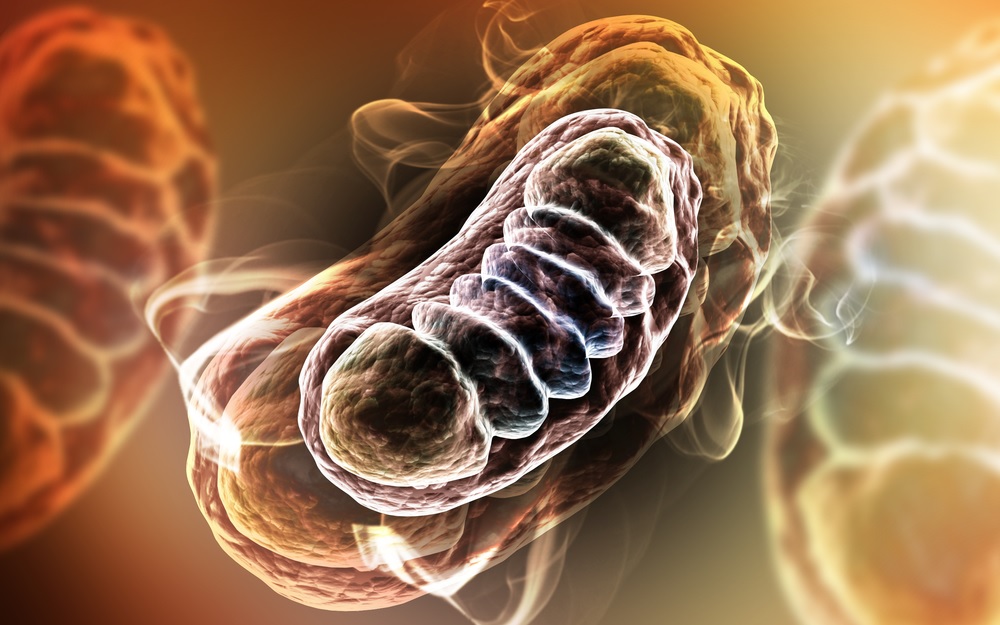
All human cells include mitochondria, which range in quantity from dozens to thousands. Since they provide a large portion of a body’s energy supply, which powers every body part, their amount fluctuates in various cells depending on their individual energy needs. Each mitochondrial DNA is unique and carries a total of 13 genes. These thirteen genes have been involved in the creation of energy. Cells must have healthy mitochondria to operate normally. Unhealthy mitochondria bring on a severe medical condition called mitochondrial disease. The brain and skeletal muscles are the most often impacted organs in cases of mitochondrial dysfunction. Read more to know more about it.
Understanding Genetic Flaws In Mitochondrial DNA
Mitochondrial DNA has genetic flaws (mutations), which are the primary cause of most mitochondrial disorders. Only our mother can pass on mitochondrial DNA, unlike nuclear genes. Despite having moderate or no symptoms, mothers can carry defective mitochondria and put themselves at risk of spreading the fatal disease to their offspring. These disorders are complicated to diagnose and treat due to their complexity. Therefore, all that is currently known about these illnesses is their various therapeutic strategies.
Nevertheless, due to knowledge of the intricacy involved in treating these illnesses, alternative strategies are designed to reduce or prevent the transmission of mitochondrial disorders to the child from the mother. Let us go through the methodological specifics and problems associated with the mitochondrial donation process. The research contributes to the authorization of mitochondrial donation, which is ground-breaking in vitro fertilization method, and the cause of increasing awareness about mitochondrial illnesses. This most recent method is a mitochondrial donation or mitochondrial replacement.
What Is Mitochondrial Donation?
In this particular type of IVF, a third party provides the future child’s mitochondrial DNA. This approach is employed when traditional IVF methods fail, and moms have inherited mitochondrial disorders. It suggests that in addition to the DNA from both parents, only the mitochondrial contents of healthy donors’ mitochondrial DNA form a baby. Similar to several gene treatments, this topic is now highly controversial in bioethics due to the undiscovered nature of creating a kid with three DNS sources.
To Sum It Up
Although research in the area is still in its infancy, mitochondrial donation is a blessing for the vast majority of people who suffer from mitochondrial disorders for whom there is no known solution. It is an excellent solution since it may also prevent these illnesses from affecting future generations.
